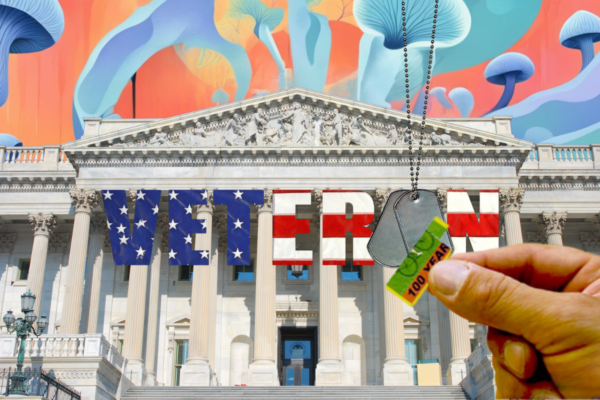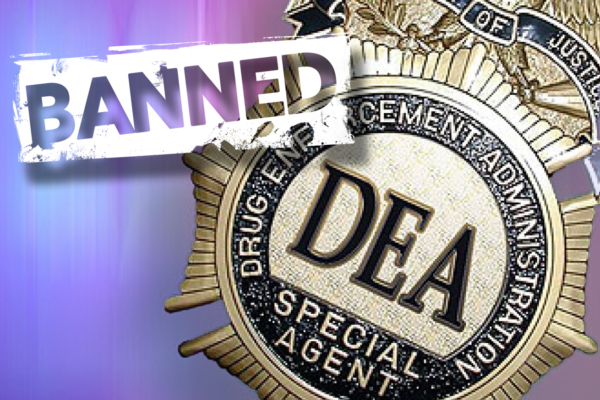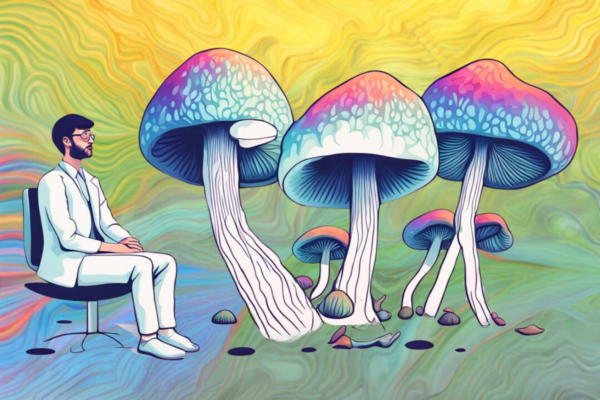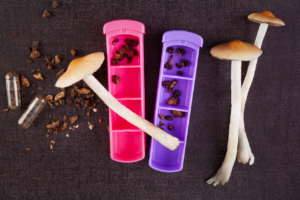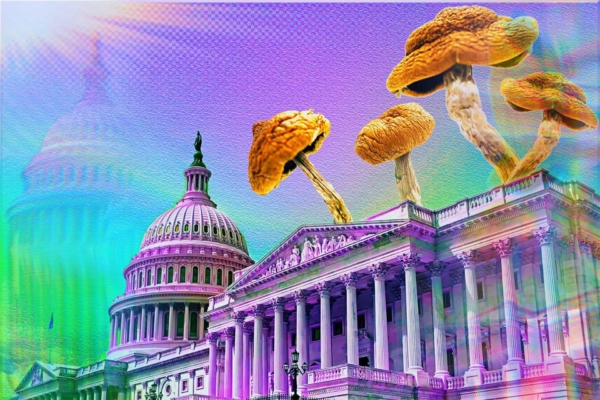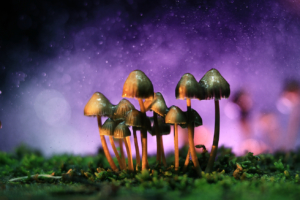
Last May, New York Assemblywoman Linda Rosenthal became one of the first state lawmakers to introduce legislation to decriminalize psilocybin, one of the two main psychoactive ingredients in more than 100 types of mushrooms. (The other state lawmakers are from Iowa and Vermont.) This month, Rosenthal introduced an amendment to the bill to include psilocin, the other main psychedelic chemical in the mushrooms.
Both psilocybin and psilocin are listed as Schedule 1 substances with the Drug Enforcement Administration (DEA), meaning they have no currently accepted medical use and have a high potential for abuse.
But Rosenthal, a historically pro-cannabis assemblywoman who represents parts of Manhattan’s Upper West Side, pointed out that recent research contradicts the DEA’s classification.
For example, in 2018 the Food and Drug Administration (FDA), “designated the use of psilocybin as a ‘breakthrough therapy for treatment-resistant depression,’ after reviewing the work of Compass Pathway,” which is exploring the use of the drug in treating severe depression, the bill states. Other studies have demonstrated how psilocybin can quell anxiety and angst in cancer patients, help people struggling with substance addictions, and treat eating disorders like anorexia nervosa.
Rosenthal’s original bill failed to get approval. The new measure is currently in the Assembly Health Committee.
“Many cities, including Denver, CO, Santa Cruz, CA, and Oakland, CA, have already decriminalized the use and possession of psilocybin, and New York should do the same,” the bill states. “With the opportunity to positively affect the lives of millions suffering with mental health and addiction issues, this bill will decriminalize psilocybin and allow further research into the study of the drug and its beneficial uses for treatment.”
